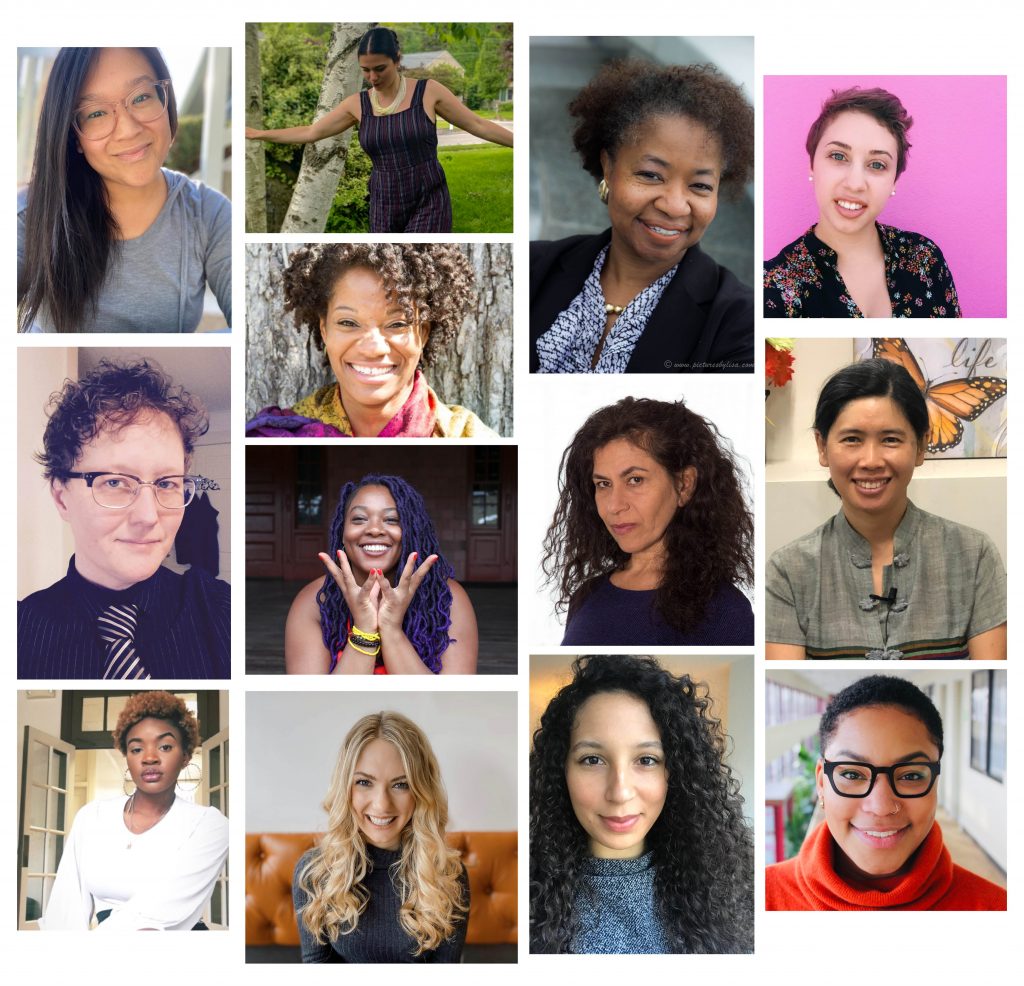If anyone can convince you that patient dialogue and common ground are more than just buzzwords, it’s Nice Nailantei Leng’ete. As a teenager, Leng’ete succeeded in the seemingly impossible: convincing her Kenyan Maasai community to abandon its ritual of female genital mutilation in favor of new, alternative rites of passage. Since then, she has gone on to help hundreds of Maasai villages do the same, saving an estimated 17,000 girls (so far) from what’s known as “the cut” — turning what started as a forbidden dialogue with the patriarchal elders of her community into a full-blown cultural revolution.
I am an editor here at Reasons to be Cheerful, and when we originally conceived the We Are Not Divided project almost a year ago, Leng’ete’s story was one of the original inspirations. Named by TIME as one of the world’s 100 most influential people, I’d heard her story many times — typically with a focus on her unbelievable quantifiable achievements. But the stories had always left me wondering: how did she do it? How does anyone do something like that? In a time where most of us can’t even talk to our neighbors, let alone our ideological opposites, how can someone who cares about human rights work so closely with people that have upheld centuries of violence, and genuinely find enough common ground to build a path forward?
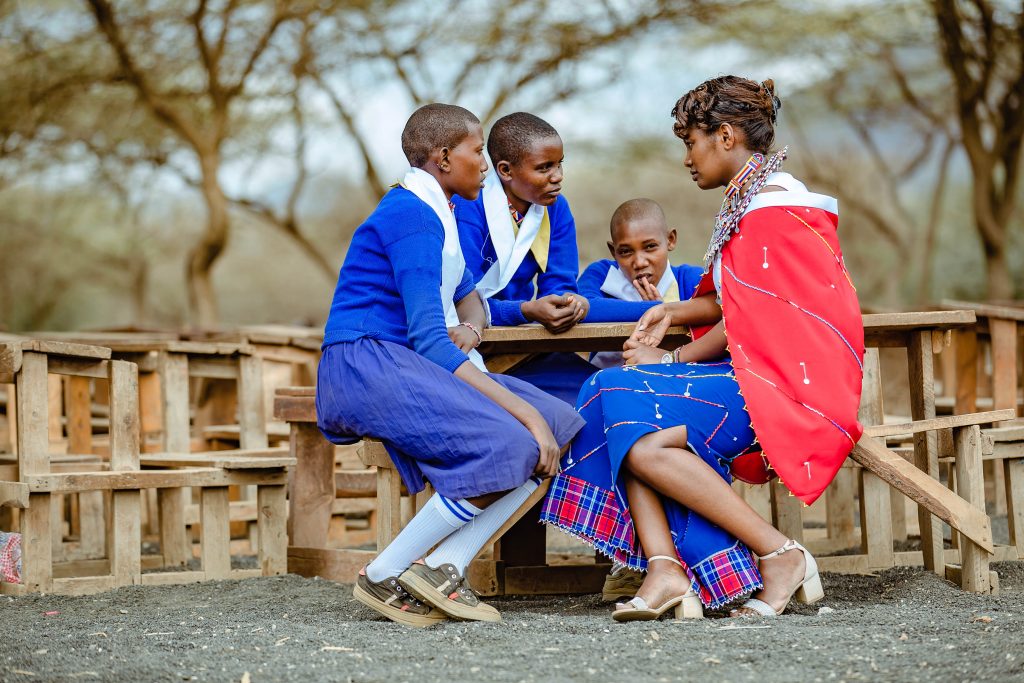
So I did what journalists do: I called her, and I asked. And she gave me three answers: Have patience. Talk less. And above all, treat them with love.
Leng’ete was eight years old when she escaped the cut for the first time. From a young age, she’d known the horrors, waking often at 4 a.m. with her mother and sister to watch other girls’ circumcisions take place. She’d seen the girls married off shortly after the ceremony, forced to have children while they were still children themselves and — Leng’ete’s own personal nightmare — forced to leave school. Knowing the same fate awaited her, Leng’ete ran away from home until her grandfather conceded that she could return and finish her education, making her the first girl in her village to ever attend high school and remain uncircumcised.
“It was not easy: I was seen as a bad example — that girl who had not agreed to undergo the cut. They give you bad names. They call you all kinds of things, treat you as an outcast and all that,” the now 29-year-old tells me, sitting on a bed in her wood-clad home in Kenya smiling through my Zoom window.
Leng’ete started talking to the girls in her community about high school and what else their futures could hold if they, too, refused female genital mutilation (FGM). She started helping other girls run away like she had, bringing them to her home, and to her school and teachers for shelter.
“I realized, that is not a sustainable solution. So as I talk to girls, how can I talk to their parents? And that’s how I started dialogue in my village.”
She started talking to mothers, teachers, elders and the women who traditionally lead the cutting ceremony, known as cutters. Slowly, she even started talking to men. One by one, she found allies in younger men who eventually arranged for the unthinkable: a meeting with the council of elders — a mini parliament of men that women were forbidden to address. When the first meeting came, every man walked out of the room. But Leng’ete kept coming and, slowly, the men started staying. They started first talking about other issues in the community: community development, HIV, education. Eventually, the subject turned to the cut. And when it did, something magical happened.
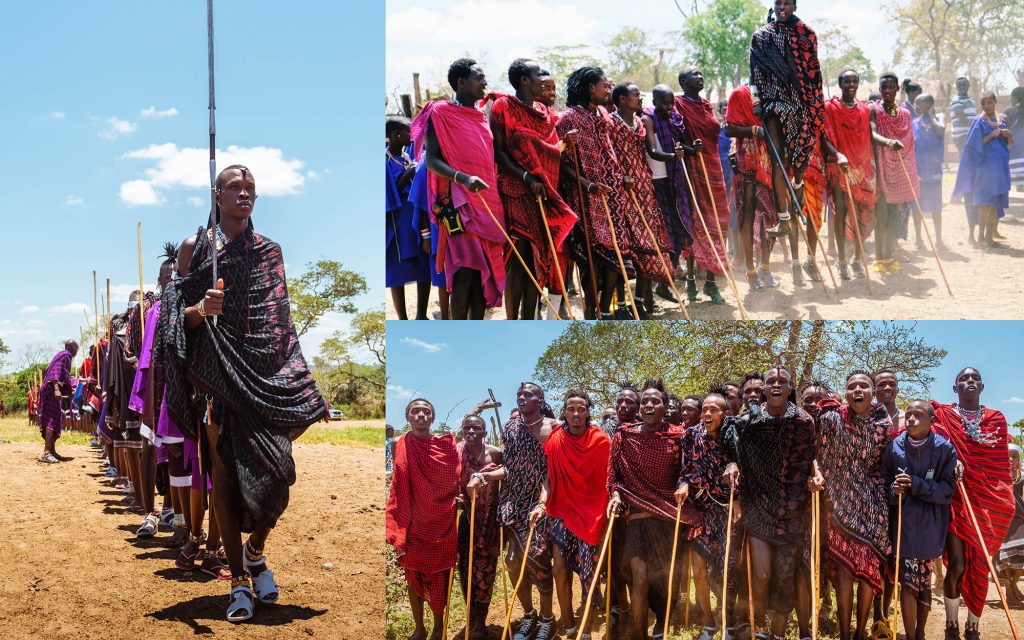
“I remember getting to respect them, but also to understand their perspective more. Elderly people, remember, they understand the culture more. And what they [were] simply saying was that in the Masaai culture, there is so much that is good in our culture that we need to embrace. By sitting to them is how I got to know how beautiful our culture is. Because remember, FGM is one thing, child marriage is another and teenage pregnancy, but [they said], ‘Have you ever thought about how we dress, how beautiful our necklaces are, how beautiful our Masaai traditional clothes, the way our warriors jump high, the way we sing together, the way we share the little we have? The way we have so much generosity in that culture and love, and that’s why we never fight over anything. Sharing is our world: whatever small you have, you have to share, your neighbor cannot be hungry. That is our culture that is teaching us,’” they told her.
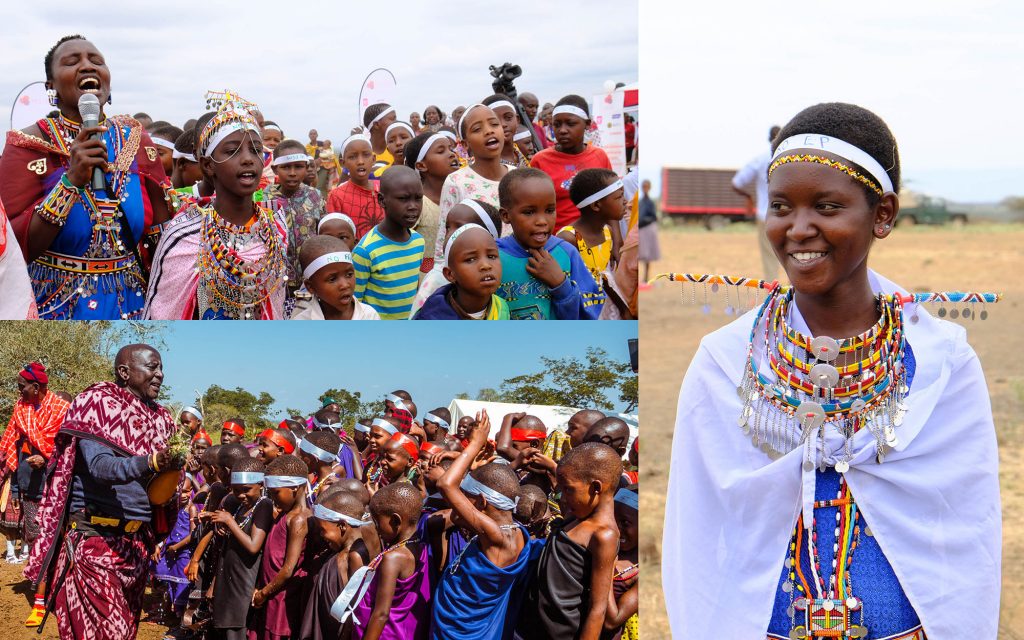
Suddenly, Leng’ete saw her Maasai life through a whole new lens. She found new beauty in ritual, and discovered what truly drives her community. “Unity: you can never find that in any part of this world. It’s only in my culture. So that’s something that is really good that we need to embrace and we should even teach the other world,” she says. She asked the elders: “How can we use that and take it back to our daughters; take it back to our women? Share the same love. Take care of them? Protect them from all of these harmful traditional practices? In the whole process of the female genital mutilation ceremony, what is wrong is the cut.”

Typically when this story gets told, the fast-forward button gets hit here. In a film, we’d cut from this moment of collective understanding to the revolutionary new rite of passage ceremonies that happen today. Cultural elders who once blessed FGM ceremonies now bless girls with books and school supplies. The girls dance, and take part in pageants that showcase their education and public speaking abilities — their voices — and improve their confidence. The former cutters guide the girls, and care for them through the ceremonies, giving them not just a new role, but an income replacement. Parents take part in mother-daughter and father-son dialogues about reproductive rights in the leadup to the ceremony, and give speeches encouraging the girls in their education. Men proclaim their support for marrying uncut women once they are ready, on their own terms, and political leaders publically denounce FGM.
In reality, it took much longer to get there. Years of painstaking dialogue and, as Leng’ete puts it, “listening, listening, listening.”
“Sometimes we blame people, but remember, we blame them because we don’t talk to them,” she says. “You cannot just say ‘no’ — you also have to listen to them, and once they are done you can bring out your views. You listen to them first, that is when they will give you an ear.”
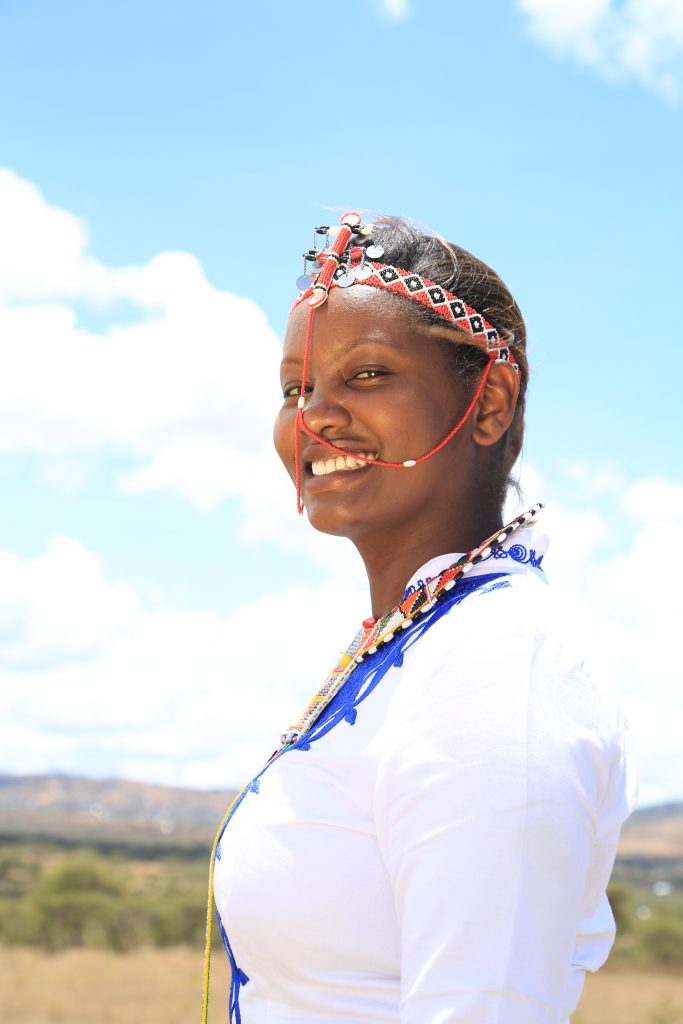
“You see, I truly understand that it’s a violation of human rights. It’s torture. It’s not something that should be happening to any of our girls. But… you cannot use force to fight attitude. You cannot use force to change mindset. You can only do that by showing people a lot of love. Even if you know very well it’s something that is not good, it’s something that should not be happening… if you don’t treat them with love, they will not even come to your meeting. They will say ‘you are judging us.’ By giving them love and not judging them, that is when they will also sit down and listen to you. If I keep blaming them they will not change.”
The same goes for the creation of alternative rites of passage in the other communities Leng’ete helps. “For an alternative rites of passage to happen, it’s a collective effort. Everyone has to be there. Men and women, girls and boys, political leaders, administrative leaders, government representatives — you cannot have an alternative rites of passage if it’s only the women who have changed, or the men. It has to be all of them… It’s a process that takes years.”
In 2011, twelve years after Leng’ete escaped the cut, the government of Kenya outlawed FGM — a move Leng’ete saw as an important milestone. She says, she has no problem using that law, but that even she sees it as Plan B: “Where you break the law, we use it. But before that, we say ‘talk — before the law gets you.’”
“You know, we have problems. It’s not just in Kenya or in Africa — the whole world, we all have problems. It’s just that they’re unique in different ways… But I think one thing I know really works is dialogue. I feel like every issue, people need to talk. Dialogue is a solution to so many things. As much as people never want to go that way, it is a solution for so, so, so, so many things,” she says. “The differences will always be there. We just need to be a world that cares for one another, and a world where people are free to talk to one another.”

